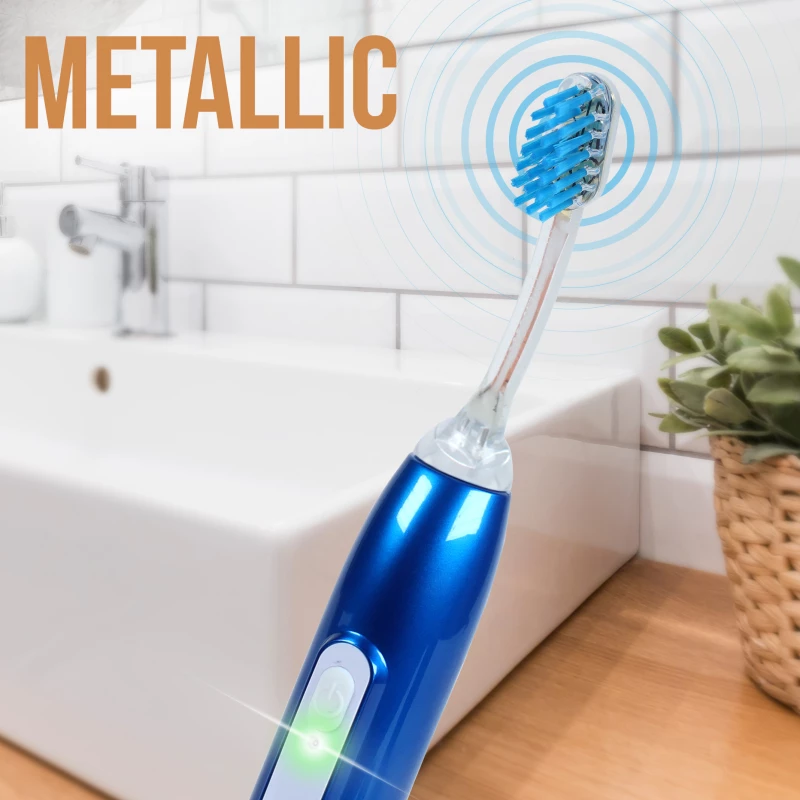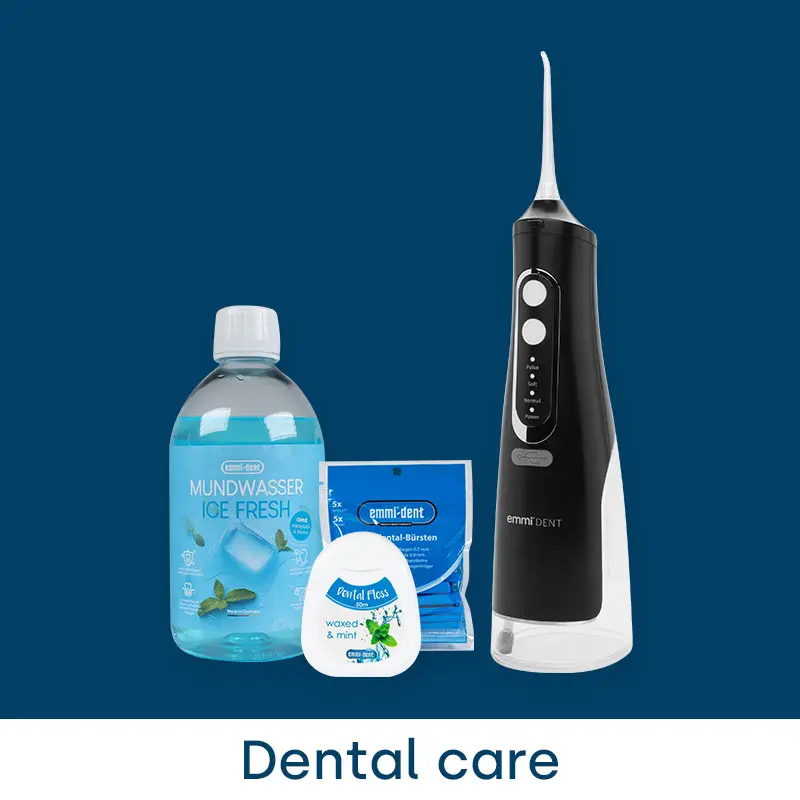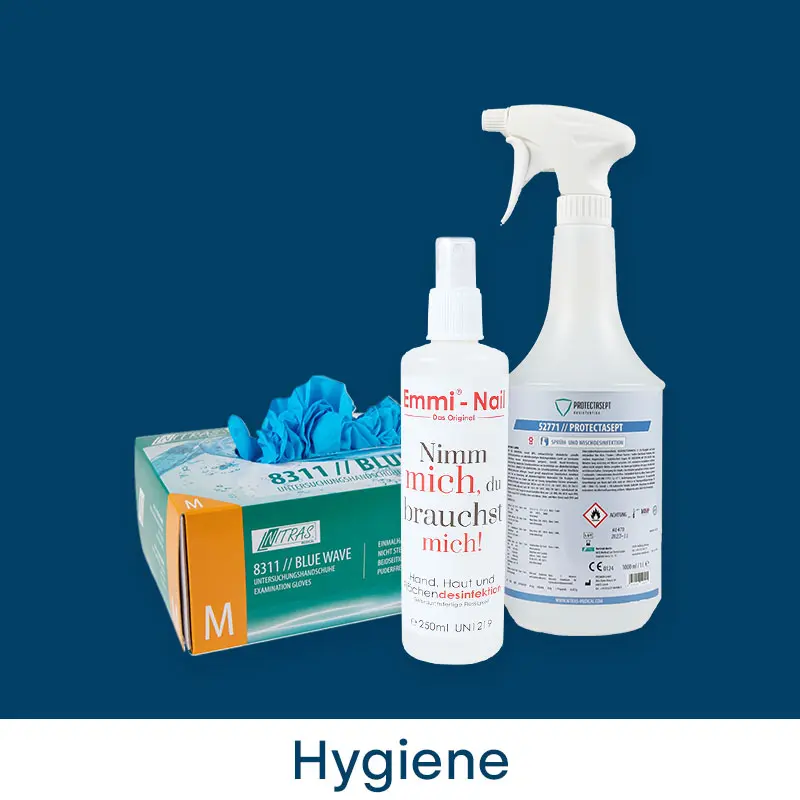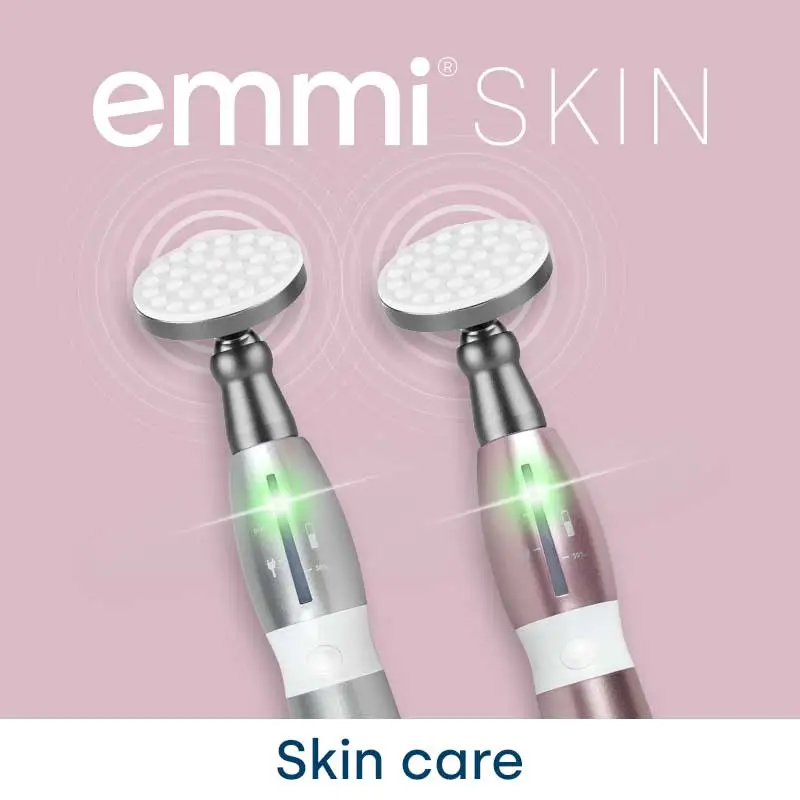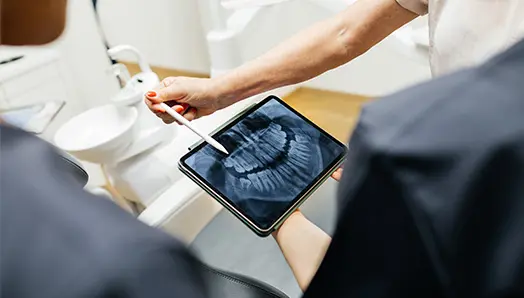
Tooth extraction is an art that has evolved over centuries. But what is really behind it? In this article, we take you on a journey and show you when, why and how a tooth is extracted.
Definition of tooth extraction
Imagine you have an old nail in a piece of wood and you have to pull it out. You can imagine a tooth extraction in a similar way, except that it's about your tooth. Sounds a bit scary, doesn't it? But don't worry, it's not as bad as it sounds.
Tooth extraction is basically "pulling a tooth". But why would anyone want to pull a tooth? Well, sometimes our teeth cause us problems - they may be broken, rotten or in a place where they are in the way of other teeth. In such cases, it's often better for you and your oral health to remove that troublesome tooth.
However, the exact procedure depends on which tooth is causing problems and how it is positioned. Sometimes it's a piece of cake and in other cases a bit trickier. If you ever need to have a tooth extracted, your dentist will make sure that everything goes as smoothly and painlessly as possible.
Tips:Discuss the tooth extraction with your dentist. It is always good to know why and how a tooth is being removed so that you can prepare for it and talk to your dentist about it.
When is tooth extraction necessary?
Sometimes in the life of our teeth, extraction is considered or even recommended:
Spacing problems in the mouth: Just imagine if your teeth wanted a little more room to breathe.
Badly inflamed teeth: Do you know those pesky cavities or other dental complaints that just won't go away?
Impending danger: Especially if your immune system is a little weak and needs support.
Safeguarding oral health: A damaged or inflamed tooth is like an apple with a rotten spot - it can also affect the neighbours.
Ready to go for braces: From time to time, some teeth have to give way to make room for an upcoming tooth correction.
How is a tooth extraction performed?
When thinking about how to extract a tooth, there are basically two methods that could be used:
Simply pull out: Imagine the tooth is gently loosened and then pulled out with special pliers, like an old nail from a board.
Surgery: This is the more challenging part. This procedure is often used for rebellious teeth that are either too shy to show themselves or are unfortunately broken.
As with any procedure, there are of course potential risks and complications. Sometimes post-operative bleeding or infection can occur, or a neighbouring tooth can be affected. It is important that you are always well informed and discuss all the details with your dentist so that you know exactly what to expect and how best to look after your oral health afterwards.
The issue of aftercare should also not be underestimated. After the extraction, it is important not to eat or drink for several hours and not to touch the affected area with your tongue or fingers. Cooling can help to reduce swelling. You should also avoid hot drinks, alcohol and physical exertion for the next few days.
And if recommended by your dentist, an antibacterial mouthwash should be used to aid the healing process. It is crucial that you follow your dentist's advice to optimise the healing process and prevent possible complications.
All other things you should know about tooth extraction
Before you are faced with the decision of whether to have a tooth extracted, there are a few things you should consider. There are cases where extraction can be avoided. Perhaps
- Root canal treatments,
- Dental crowns or
- Fillings
is a suitable alternative to save your tooth.
When it comes to costs, these naturally vary depending on the procedure. But don't worry: many insurance companies cover at least part of the costs. And no matter which treatment you decide on in the end, the most important thing is to have the right dentist or oral surgeon at your side. Someone who will carry out the procedure competently and safely to achieve the best result for you.

